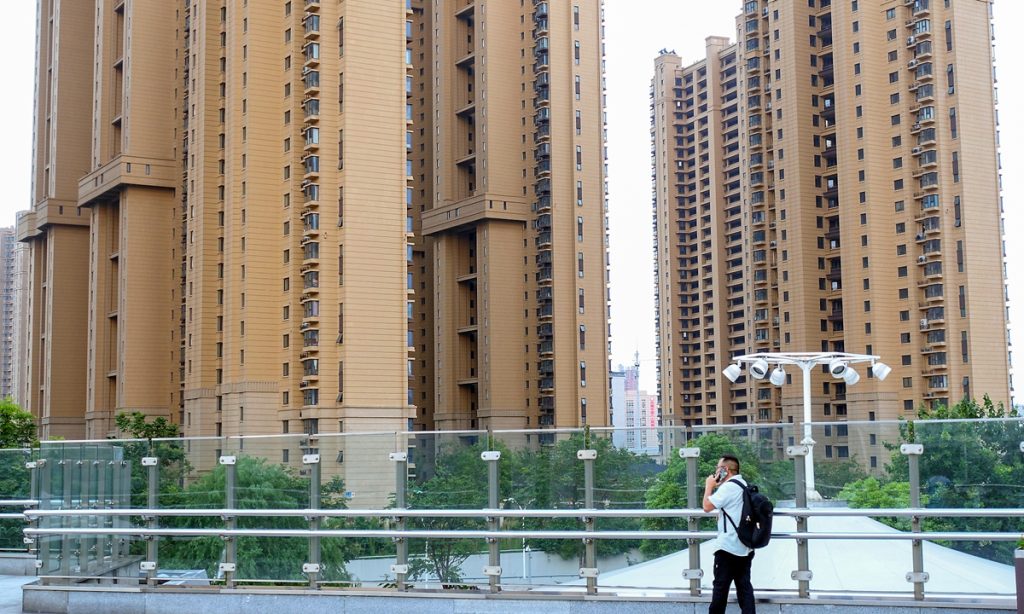China to accelerate new model for real estate development, white list for financing: housing authority

China's housing authority said on Friday that it will accelerate the construction of the new model for real estate development as a major reform task for the sector's upcoming work. The focus of the acceleration work will be on six aspects, including the urban real estate financing coordination mechanism, and a white list of developers for financing.
Observers noted that the implementation of the real estate financing coordination mechanism has been progressing, while the foundation for developing the new model has been further consolidated as some issues in the real estate sector are cleared up.
Financial support will be granted for qualified projects, aiming to promote a change in financing for developers from relying on company credit to being based on the project's situation itself, Dong Jianguo, vice minister of housing and urban-rural development, told the press conference on Friday.
Dong also stressed the importance of giving full play to the urban real estate financing coordination mechanism, to include as many eligible projects in the white list as possible, as an important means to ensure the delivery of commercial housing projects.
Currently, domestic commercial banks have approved more than 5,300 projects under the white list mechanism with approved loans amounting to nearly 1.4 trillion yuan ($196.15 billion), which are being disbursed in accordance with the projects' progress, and have strongly supported the delivery of project construction, Dong said.
The urban real estate financing coordination mechanism has been promoted effectively, and is also a systematic effort to promote housing delivery and mitigate risks, Yan Yuejin, deputy director of the E-house China R&D Institute in Shanghai, told the Global Times on Friday.
The mechanism will ensure more home buyers actually move into their properties next year, and will be conducive to boosting consumer demand for home property services, Yan said.
In addition, China is also advancing reforms in its real estate sector by promoting the sale of properties upon their completion, signaling a shift from the traditional pre-sale model, which is another of the above-mentioned six points of focus.
Commenting on developing the new model for the real estate sector, Ni Hong, minister of housing and urban-rural development, said that the government should be the mainstay in meeting fixed housing needs, while the market should be the mainstay in meeting diversified and improved housing needs from a systematic perspective.
Ni also vowed to reform and improve the mechanism for the development, trade, and use of the real estate sector.
Yan noted that the reform and improvement in the mechanism is an important institutional safeguard, and expected major pragmatic changes to take place.